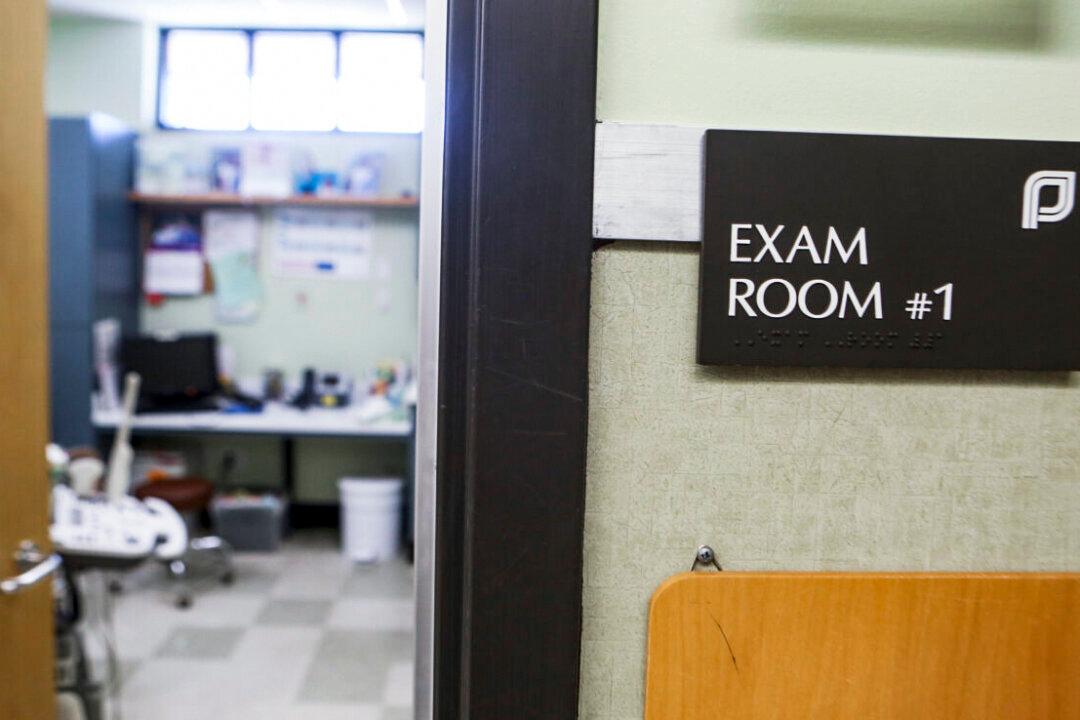A Texas judge on Friday ordered a pro-life group and people affiliated with it not to bring lawsuits against a trio of Planned Parenthood affiliates.
The action relates to a new law that bans most abortions and went into effect on Sept. 1.


A Texas judge on Friday ordered a pro-life group and people affiliated with it not to bring lawsuits against a trio of Planned Parenthood affiliates.
The action relates to a new law that bans most abortions and went into effect on Sept. 1.